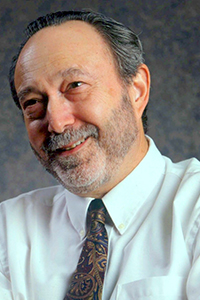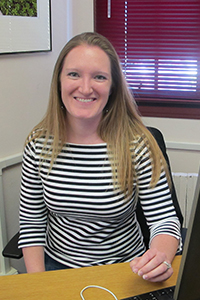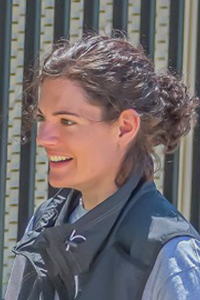New Researchers Join the Kinsey Team
Building on the foundation of sex research, the Kinsey Institute is growing to encompass the science of love, nurture and relationships that are so fundmental to well-being and to life itself. The research team welcomes the newest faculty, postdoctoral fellows and research associates. Stay tuned for more exciting additions and affiliated faculty!
Stephen Porges, Distinguished University Scientist
Among his many achievements at the intersection of psychology, neuroscience, and evolutionary biology, Dr. Stephen Porges has pioneered the understanding of trauma and trauma treatment. He developed the Polyvagal theory, which helps to explain how the autonomic nervous system controls the reactions and behaviors of individuals affected by trauma.
At the Kinsey Institute, Dr. Porges will establish a Trauma Research Center to address the life-changing affects and treatments around trauma, including sexual assault and partner violence, bullying, and the trauma associated with diagnoses and treatment of the reproductive system.
Dr. Porges comes to IU Bloomington from the University of North Carolina, Chapel Hill, where he was a professor in the department of psychiatry. He will continue his scientific partnership with Sue Carter (see"The Biochemistry of Love: an Oxytocin Hypothesis") and will continue to collaborate with Dr. Carter and the Kinsey research staff to shed light on the human condition

Allison Perkeybile, Postdoctoral Fellow
She is interested in how early life experiences work to shape brain and endocrine functioning and behavioral patterns in individuals. Her pre-doctoral work examined naturally occurring variation in early infant care in the prairie vole, a biparental rodent in which the father contributes significantly to care of offspring. Her research focused on the consequences this variation in early care had on various aspects of social behavior, neuropeptide system function, and stress responsivity for offspring. She currently investigates the effects of exogenous oxytocin administration at birth on parental behavior as well as behavioral and neural developmental trajectories in offspring.
Dr. Perkeybile joins us from Boston, where she was most recently a postdoctoral research associate in the department of psychology at Northeastern University.

Emily Chester, Research Associate
Currently, she works with Dr. Virginia Vitzthum to develop and validate techniques to measure biomarkers of reproductive functioning in humans. Biomarkers are substances that can provide a reliable indicator of the physiological state or condition of a person. One such biomarker of interest is anti-Müllerian hormone, a measure of ovarian follicular reserve, that may provide insight into the timing of reproductive senescence.
Her research builds our understanding of the environmental and individual causes of the variation in reproductive processes between populations of women, and the consequences of this variation on women's health and wellbeing.
Greg Webster, Visiting Scientist
Dr. Webster is an associate professor in the department of psychology at the University of Florida. He joins the research team for the 2015-16 academic year.
Dr. Webster is a social–personality psychologist whose research interests include personality traits related to aggression, romantic and sexual relationships, and novel applications of data analytic methods such as meta-analysis, multilevel modeling, and social network analysis.
At the Kinsey Institute, he will be working with Drs. Justin Garcia and Amanda Gesselman on studies of couples and dating singles.
Support Kinsey
Love is more than an emotion. It is essential to our individual and collective well-being. Your support will help the Kinsey Institute advance research and education in the science of love and give a diverse field of researchers the resources they need to make new discoveries.
Pledge your support